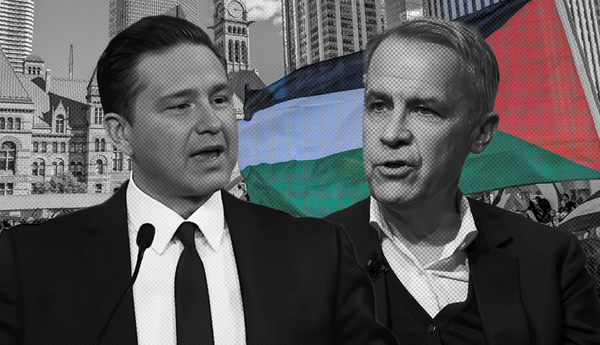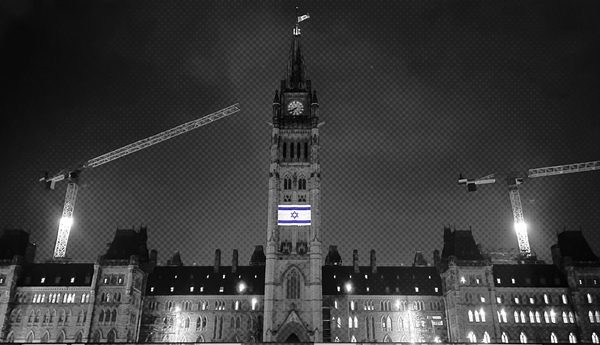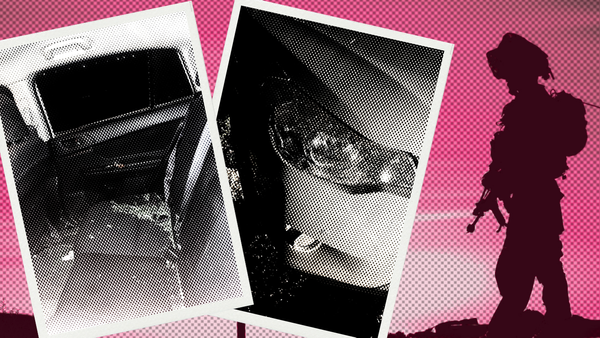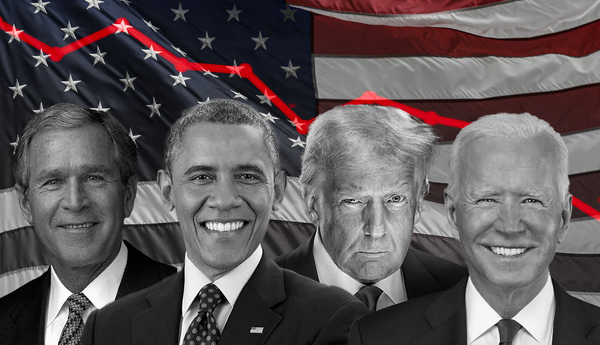In the wake of doughnut gate, we need to talk about the phenomenon of smug Canadian complacency. By now, you likely know the story: at a Liberal cabinet retreat last month in Winnipeg, Prime Minister Justin Trudeau picked up a few boxes of doughnuts from OhDoughnuts, a local small business. While Trudeau’s tweet on his decision highlighted the benefits of shopping locally, a vocal minority saw this as an act of snobbery because the store charges more for their baked goods than the ostensibly Canadian Tim Hortons chain.
Of course, this whole affair was absurd — Trudeau’s decision is meaningless, and if anything, the fact that Tim Hortons is largely owned by Brazilian interests raises questions about why people continue to promote it as a distinctly Canadian cultural institution. But emerging from the backlash to the criticism of Trudeau was yet another bout of Canadian smugness, which posited the affair as evidence Canada doesn’t have real problems if it became a scandal.
This culminated in an editorial cartoon by Michael de Adder at the Hill Times, which juxtaposed the doughnut scandal to United States President Donald Trump facing impeachment.
This captures the essence of Canadian smugness generally, particularly as it manifests among white liberals, and especially in the Age of Trump: “We don’t have real scandals here; if you want to see real scandal, take a peek down south!”
Of course, this sort of attitude didn’t start or end with doughnut gate, and it’s not purely driven by Canadians. Many American media figures, such as Daily Show host Trevor Noah, helped perpetuate this mythology. Nonetheless, moments like these are used to effectively dull and obscure our own problems, and it ultimately prevents Canada from striving to be better by setting the U.S. as the horizon of our objectives.
It’s ridiculous to assert Canadian scandals are limited to doughnuts.
Trudeau has worn blackface and brownface — a brazen act of dehumanization — several times, and won’t confirm that the incidents reported are the only, or even most recent, ones.
Trudeau’s government also turned on a Phoenix pay system for federal employees, which was supposedly going to streamline the payment of government workers, but has instead caused deep harm to thousands of public servants and their families for nearly half a decade — largely via endemic instances of workers either not being paid, or being paid incorrect amounts — leading at least one person to take their life.
Trudeau and his supposedly worker-friendly government also fundamentally attacked the Charter Rights of postal workers a year ago by removing their constitutional right to strike.
Trudeau was also found to have committed an ethics violation via political interference during the SNC-Lavalin scandal.
These are just a sample of Trudeau’s various scandals — which also include mocking Indigenous activists questioning him over poisoned water — and while you can suggest they don’t rise to the level of Trump’s most controversial actions, you can’t deny they’re more meaningful than a doughnut run.
But this goes beyond Trudeau and the current government. Canadians often pride ourselves as more committed to racial equality than Americans, but our historic and ongoing genocide of Indigenous peoples and societies says otherwise.
On the question of incarceration alone, many Canadians likely know the U.S. prison system over represents Hispanic, and especially Black, people in relation to their overall population. A recent study suggests that Black people in the U.S. comprise 33 per cent of the prison population despite making up just 12 per cent of the broader one.
But fewer Canadians are likely aware that racial disparities within the Canadian prison system are far worse. A few weeks ago, Canada’s prison ombudsman noted that Indigenous people comprise 30 per cent of Canada’s general prison population, and Indigenous women 42 per cent of all inmates in prisons for women.
For perspective, Indigenous people make up about 5 per cent of Canada’s total population, meaning they’re overrepresented in prisons by at least 600 per cent.
But this reveals a fundamental flaw: Canadians have it crammed into our minds that we’re axiomatically “better” than the U.S., even when any rational analysis proves otherwise. This prevents us from meaningfully wrestling with our systemic failures because we simply “know” America’s are worse, and as long as we’re one step better, we’ve done enough.
You can see something similar when it comes to social programs, healthcare chief among them. Many Canadians take great pride in our universal healthcare system, based largely around the fact that our American friends don’t have such a model, leading to deep inequalities and suffering that we’re fortunate to avoid.
But our healthcare system has immense gaps, including with pharmaceuticals and dental care. While Canadian drug costs are lower on average than in the U.S., as many as a million Canadians sacrifice food and heat to fill prescriptions, and hundreds die annually because they can’t afford their medicine.
Recent reports also indicate that 6 million Canadians have difficulty accessing dental care, which leads to great pain and discomfort, not to mention that poor dental health leads to severe medical issues down the line, causing strain on the public healthcare system.
Does this pale in comparison to the American horror stories? Yes, but it also underlines how making that comparison obscures the fact that many universal healthcare systems around the world include more features than Canada. As The Lancet medical journal notes, “Canada is the only country in the world with public health care and no universal public system for providing prescription drugs.”
Canada should be compared to various European systems that showcase comprehensive coverage, instead of looking to the American model and smugly bragging about a system that leaves millions without the care they need. When we do this, we often fail to see how, when compared to other Western nations, we have below-average healthcare by some metrics.
Frankly, this is one of the many reasons I support U.S. Senator Bernie Sanders’ mission to transform American society. He is working hard to introduce fundamental reforms to bring greater social and economic equality to his country, with key pieces including a Medicare For All system along with free postsecondary education at public colleges and universities. If Sanders becomes president and implements his vision, he will make the lives of average Americans undeniably better.
But selfishly, a Sanders presidency would also expose the thin façade of Canada’s progressive infrastructure as represented by Trudeau’s Liberals. Sanders would make education accessible in a way that doesn’t exist anywhere in this country, and his Medicare system would include the pharmaceutical and dental access that eludes millions of Canadians.
At the end of the day, this might mean that if Canadians want to be smug about our state of affairs in relation to the U.S., we will actually have to make things better.
Wouldn’t that be nice?






